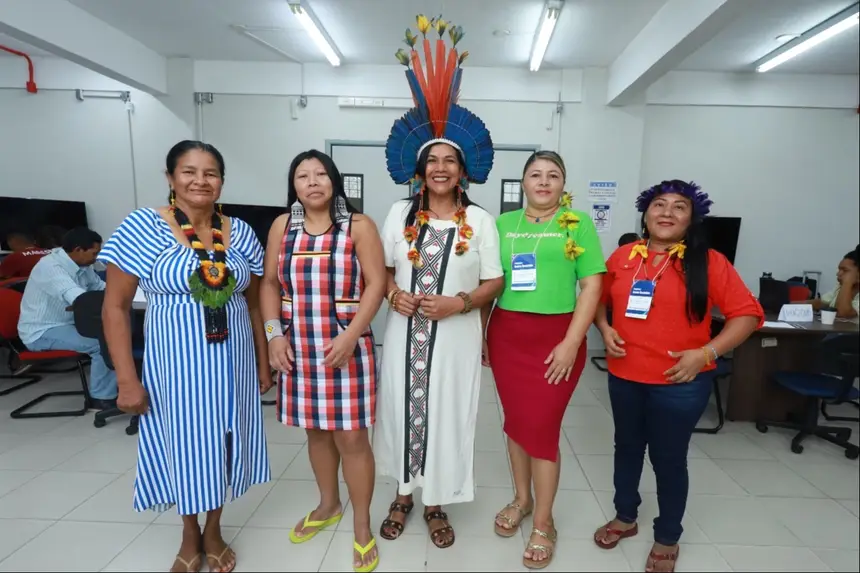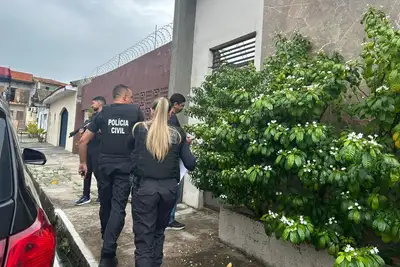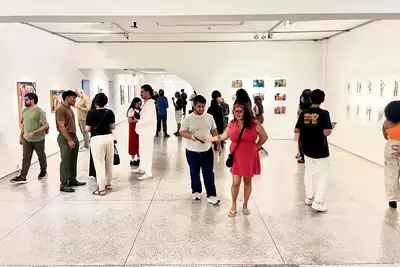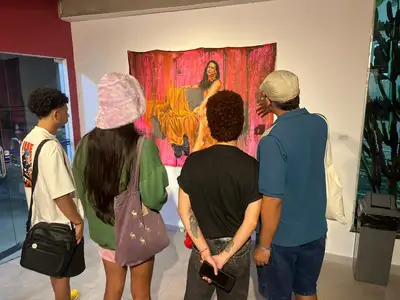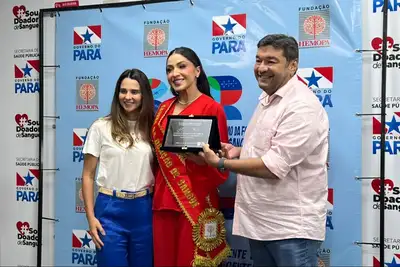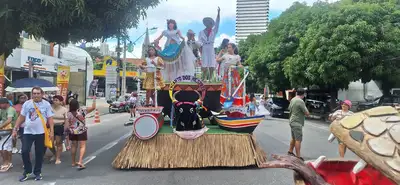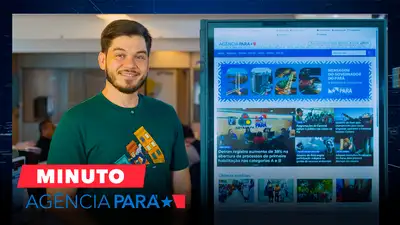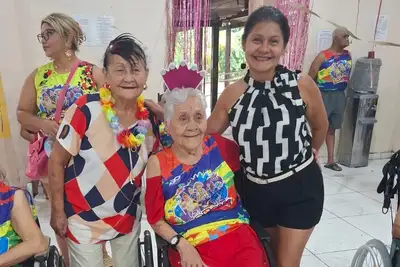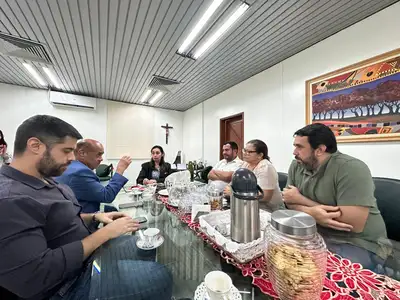Semas holds Inova Sociobio workshop to strengthen bioeconomy in Pará
The activity brought together representatives from organizations that had pre-selected proposals in the public call and marks a decisive stage to transform ideas into structured projects.
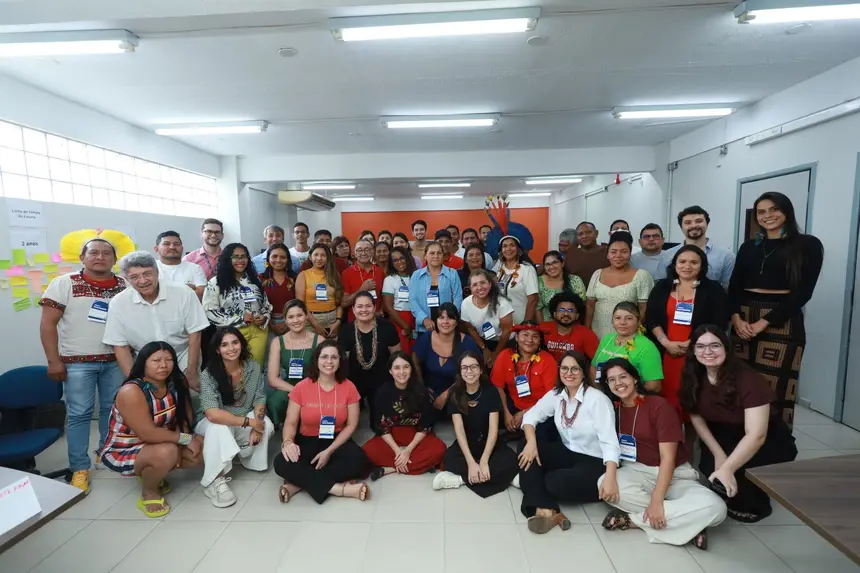
The State Secretariat for the Environment, Climate and Sustainability (Semas) held, from September 24 to 26, in Belém, the Inova Sociobio Work Plan Development Workshop, an initiative aimed at indigenous peoples, quilombolas, traditional communities, and family farmers (PIQCTAFs) in Pará. The activity brought together representatives from organizations that had pre-selected proposals in the public call and marks a decisive stage to transform ideas into structured, viable projects aligned with the bioeconomy agenda in the State.
The Inova Sociobio proposal call will allocate R$ 3.4 million to strengthen sociobusinesses at different stages of development, connecting sustainable production, regenerative technologies, and market opportunities.
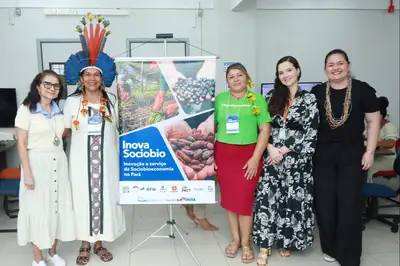
The Inova Sociobio is aligned with the public policy guidelines of the government of Pará, which promotes bioeconomy as an alternative to deforestation and as a path to sustainable development. The action is also part of the Standing Forest Program, a result of financial cooperation between the governments of Brazil and Germany, through the German development bank KfW, and also has the support of the Gordon and Betty Moore Foundation, via the Eastern Amazon Fund (FAO).
The Secretary of Bioeconomy of Semas, Camille Bemerguy, highlighted: “Inova Sociobio 2.0 is a concrete opportunity to transform the knowledge of forest peoples into sustainable enterprises. Our goal is to value traditional knowledge, promote local income generation, and consolidate bioeconomy as an alternative to deforestation and socioeconomic development.”
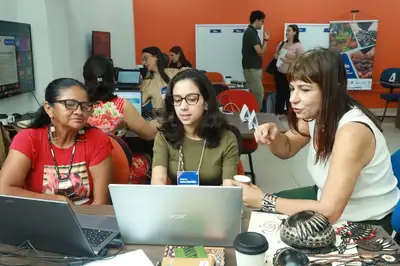
She also emphasized the collaboration of the UK Pact Program, promoted with resources from the United Kingdom, which enabled the hiring of the consultancy Trama Brasil Projetos, contributing with strategies for drafting, communication, and conducting the public call. The University Center of the State of Pará was hired to conduct training that assisted in detailing the work plans presented by the proposers.
A total of 20 proposals were selected, covering different social segments of PIQCTAFs and regions such as Guamá, Rio Caeté, Baixo Amazonas, Tocantins, Araguaia, Lago Tucuruí, Marajó, Xingu, and Rio Capim. Each organization indicated two representatives to participate in the workshop, considered a mandatory step for the final approval of the projects.
“The event values Community-Based Organizations and strengthens their capacity to transform ideas into concrete projects. Furthermore, it shows how the partnership between Semas, FAS, FAO, and the Gordon and Betty Moore Foundation amplifies financial, social, and environmental impacts for different territories in Pará,” explained Jonas Gebara, project manager at Funbio, responsible for the operational and financial management of FAO.
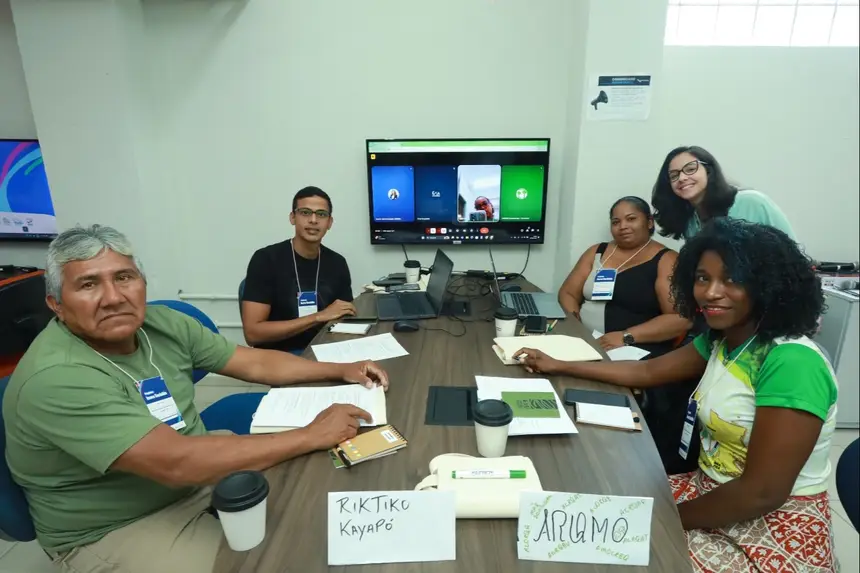
“Inova Sociobio is an innovative experience that will transform life in the territories and strengthen our enterprises. The success cases presented will generate real changes, from innovation in equipment to training people, who will then multiply this knowledge,” said Lucilene Munduruku, from the COOPAFS Institution, a cooperative of family agriculture producers in Santarém.
“Inova Sociobio is more than a training space: it is a moment of strengthening community organizations, which begin to transform their ideas into concrete and viable work plans,” highlighted Luis Piva, manager of the Standing Forest Program at the Sustainable Amazon Foundation (FAS), a partner institution in the execution of the initiative and representative of KfW at the event.
“Trama Brasil Projetos was hired by the UK Pact program from the United Kingdom to provide technical assistance to Semas, supporting the second phase of Inova Sociobio. The consultancy articulated a mixed team with members of the Secretariat to plan the execution of the process, from drafting the notice to the final selection of proposers, assisted in the relationship between FAS and Semas, coordinated the dissemination of the proposal call to PIQCTAFs, and hired CESUPA to conduct mentoring for proposers in the work plan detailing stage,” said Pedro Leitão, representative of the consultancy Trama Brasil Projetos.
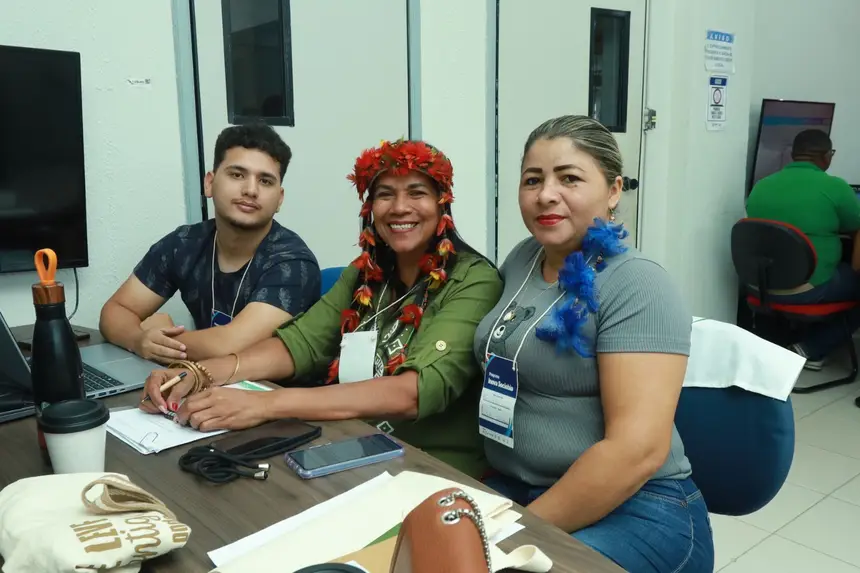
After the workshop, the work plans will be analyzed by the Technical Chamber, which may suggest adjustments and recommendations. The approved proposals will have a twelve-month deadline for execution.
The initiative is in line with the decrees that established the State Plan Amazon Now (PEAA), the State Bioeconomy Strategy, and the State Bioeconomy Plan (PlanBio), consolidating the role of Semas in conducting public policies that recognize bioeconomy as a strategic vector for sustainable development in Pará.


